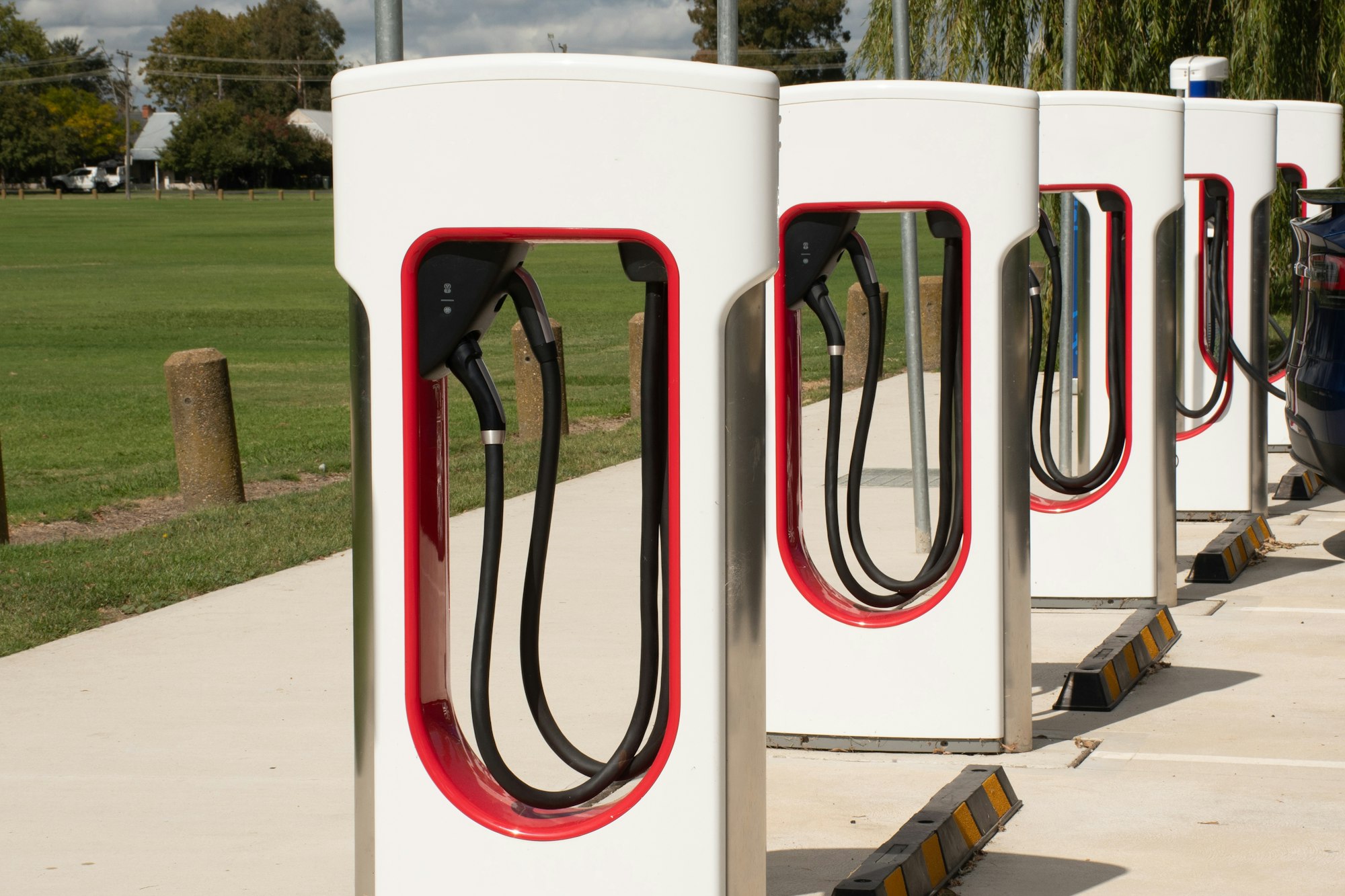Basic Idea
Elon Musk suggested turning Tesla cars into a network similar to AWS (Amazon Web Services) by using the computing power of parked Teslas to run AI models. This could make a huge network of decentralized computer resources.

Can It Be Done?
Experts believe it’s possible to use many small computing units, like Tesla cars, for big tasks. We’ve seen something similar in Bitcoin mining and the Folding@home project. But, making Musk’s idea work depends on factors like power availability and internet access.
Concerns About Power
The main worry is about using the car’s battery for computing tasks or needing to stay plugged into a charging station. Since electricity costs money, this could be expensive for car owners.
Problems with Connectivity
Another big issue is internet connectivity. Effective distributed computing needs a fast and steady internet connection, which might not be always available to parked cars. Also, since cars move around, this could disrupt the stable internet connection needed for constant data processing.
What It Means for Car Owners
If Tesla goes ahead with this plan, car owners should think about what it means if their car is part of this network. They would need clear information about things like who pays for the electricity and how their data is protected.
Deciding to Participate and Getting Paid
It’s not clear if car owners would get paid for using their car’s computing power, or how Tesla would handle issues of consent and privacy. This lack of clarity could make people wary of joining the network.
What Experts Say
Sam Anthony, an expert in AI and autonomous vehicles, thinks that while Musk’s idea is technically possible, it might not be practical without strong incentives and changes in infrastructure. Phil Koopman from Carnegie Mellon University agrees, pointing out that making this work on a large scale might be harder than using traditional data centers.
Ethical and Practical Issues
There are big concerns about the ethics of using personal cars in a computing network without clear permission and proper payment. This could lead to legal and ethical problems that may complicate or even prevent the idea from working.
Looking Forward
Despite these challenges, the concept of a Tesla network for computing could change how we use resources in the AI and autonomous vehicle era. If Tesla can solve these problems, it might lead to new ways of thinking about distributed computing.
This is a simple explanation of Elon Musk’s idea to use Tesla’s fleet as a distributed computing network for AI. This includes what needs to be figured out and potential problems, especially concerning car owners.

FAQ: Elon Musk’s Vision for Tesla as an AWS-like Network for AI
1. What is the main idea behind Elon Musk’s proposal for Tesla?
Elon Musk has proposed using the unused computing power of parked Tesla vehicles to run AI models, effectively creating a decentralized network similar to Amazon Web Services (AWS) but using cars.
2. Is it technically possible to use Tesla vehicles for distributed computing?
Yes, it’s technically possible to use Tesla vehicles as nodes for distributed computing. This concept is similar to other decentralized computing projects like Bitcoin mining and the Folding@home project. However, its success depends on factors like continuous power supply and reliable internet connectivity.
3. What are the major concerns with using Tesla cars as computing nodes?
The primary concerns include the cost of electricity for computations, as this would typically be borne by the car owners at retail prices. Connectivity issues are also a significant challenge, as a stable and fast internet connection is crucial for effective distributed computing, and this may not always be available to parked vehicles.
4. How would participating in this network affect Tesla car owners?
Car owners would need to consider potential costs for electricity and the implications for their vehicle’s battery life. Additionally, there are questions about data security, owner compensation, and whether participation is voluntary or incentivized.
5. What are the ethical considerations of using personal vehicles for a computing network?
The ethical considerations include ensuring that car owners are fully informed and have consented to their vehicles being used in this manner. There are also concerns about fair compensation for the use of their property and the security of any data processed by their vehicles. Legal and ethical challenges could arise if these factors are not adequately addressed.
Sources The Verge


